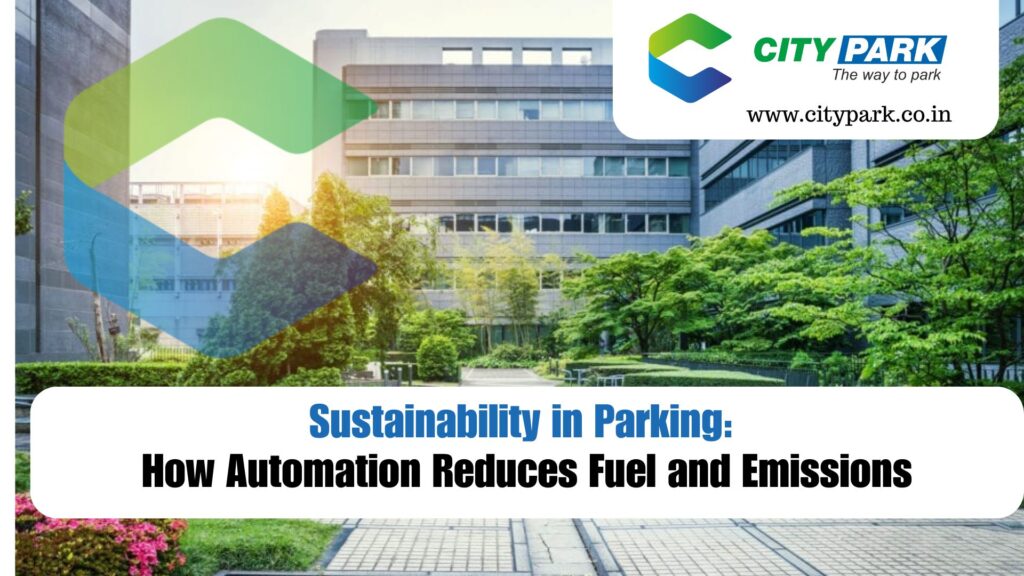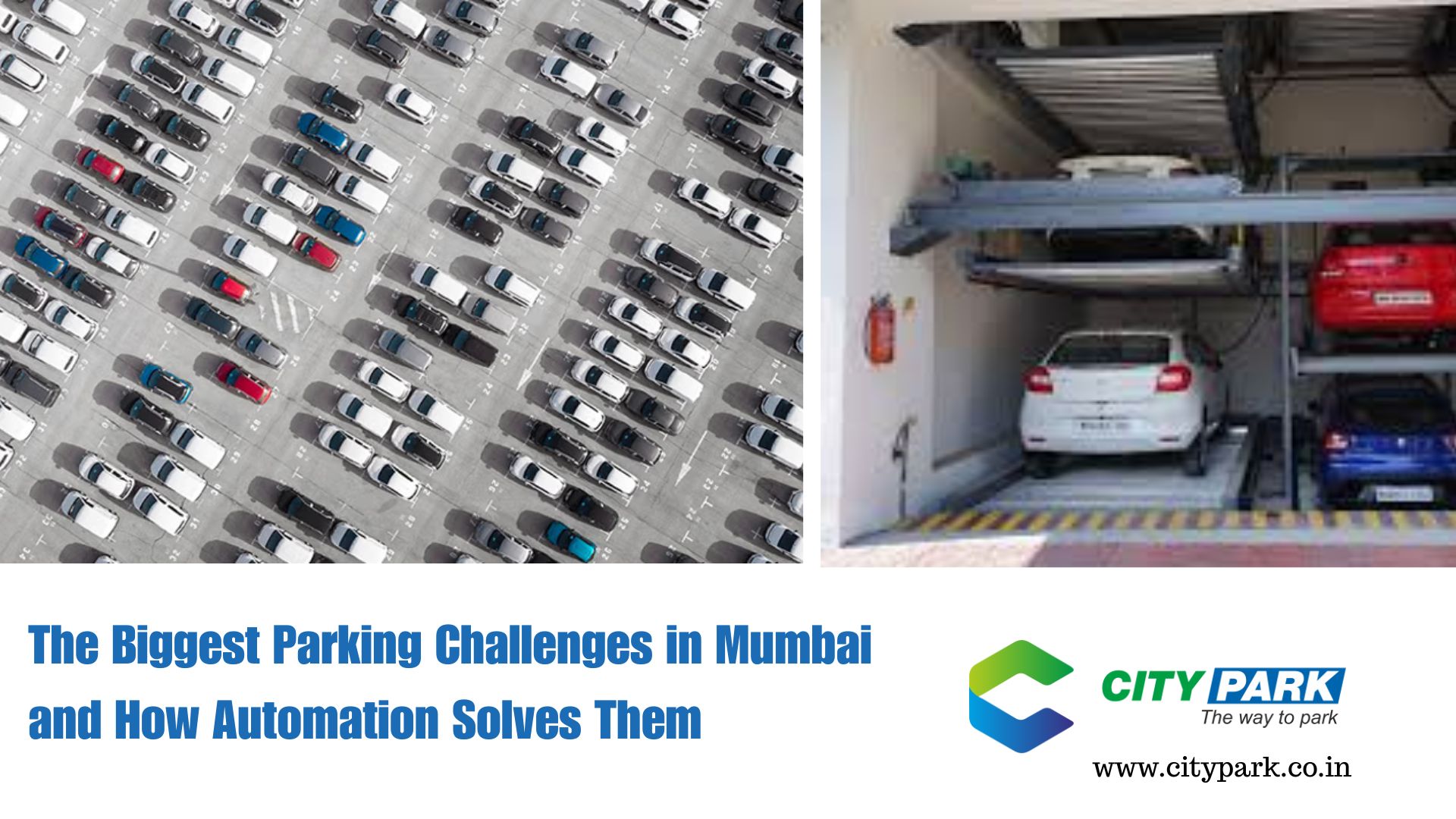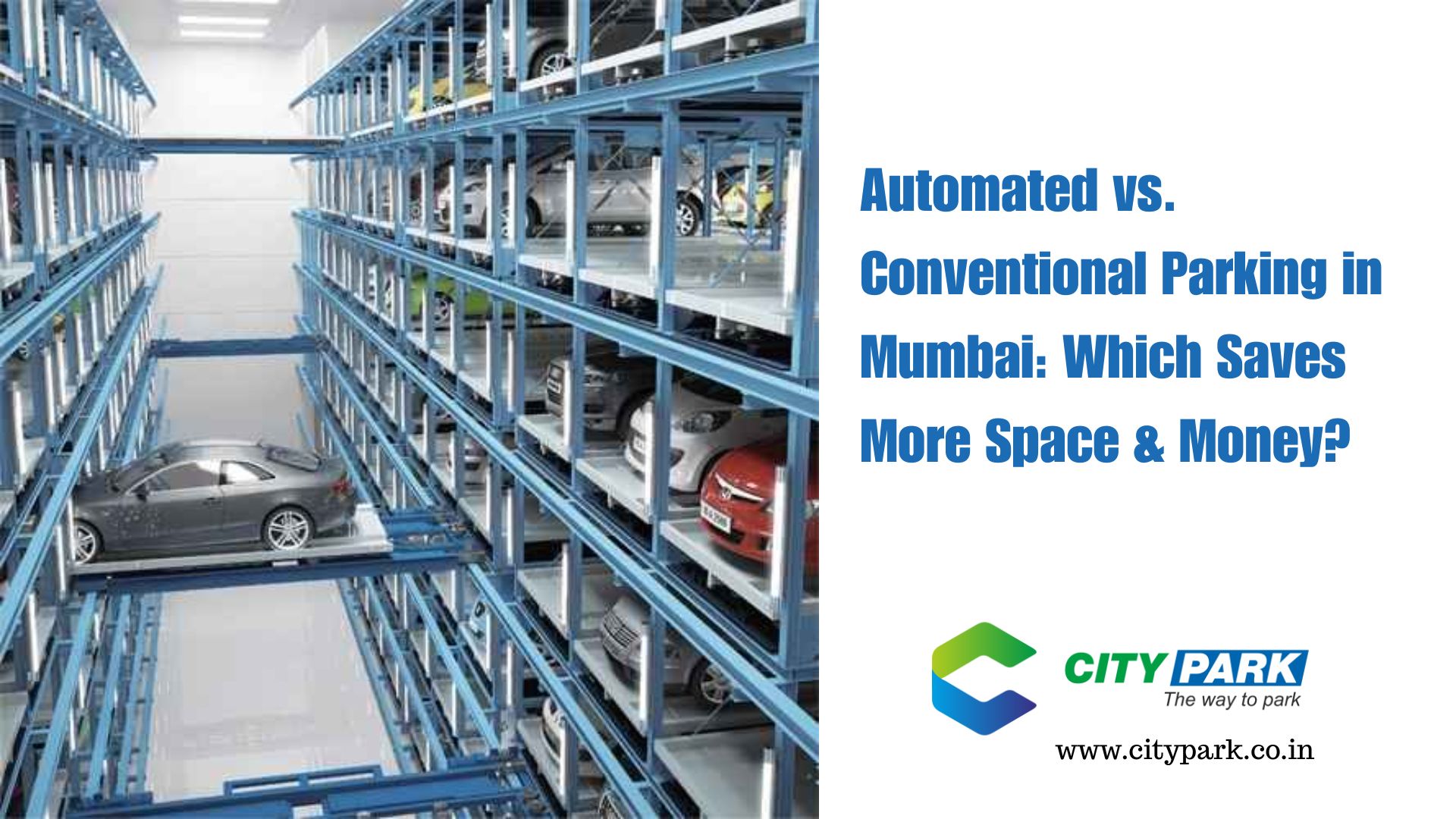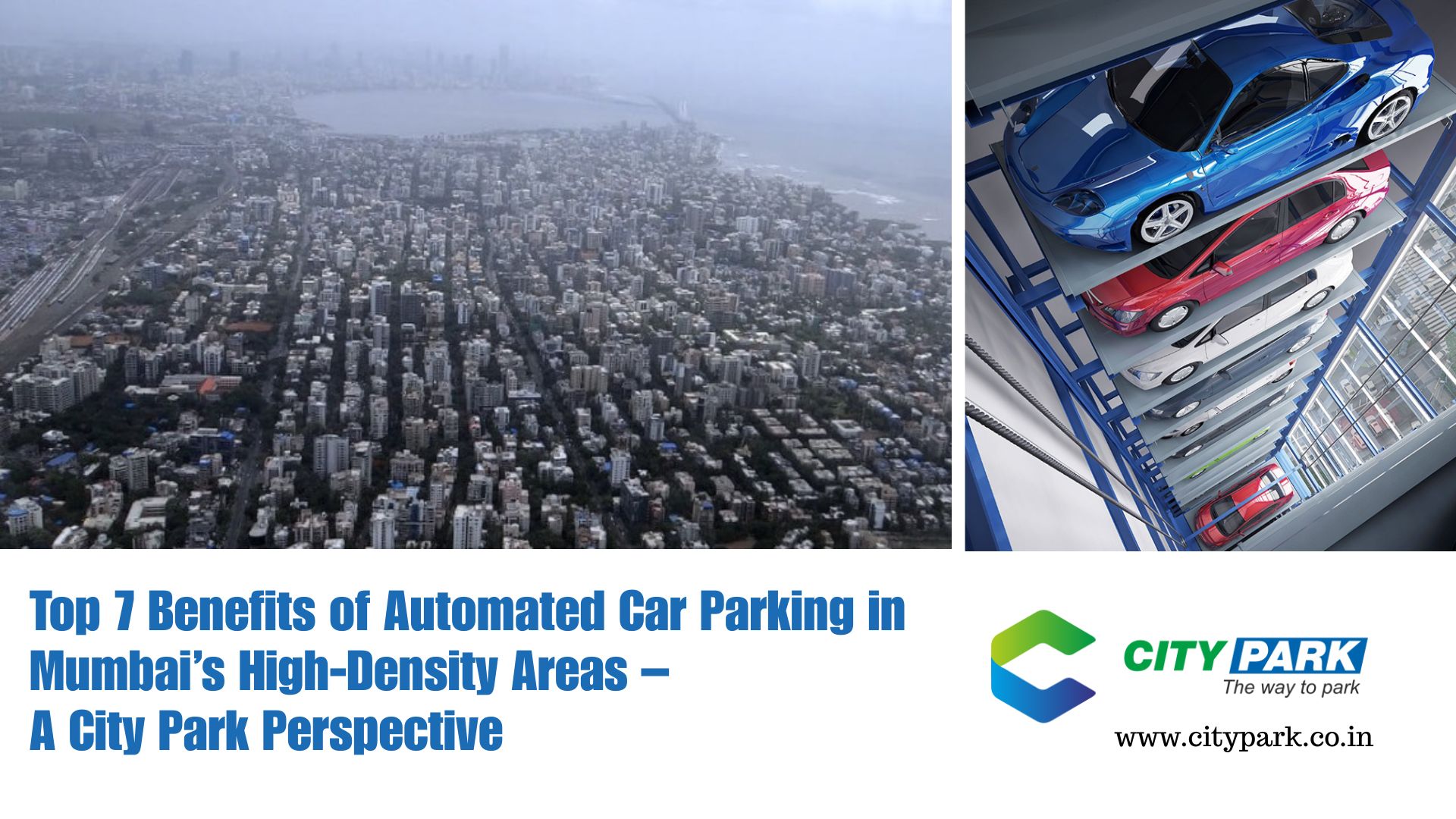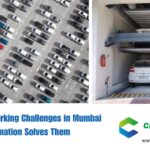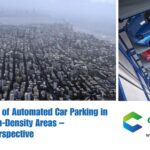Indian cities like Mumbai, Delhi, Bangalore, and Hyderabad are witnessing unprecedented urban growth, leading to an ever-increasing number of vehicles on the roads. With this surge comes one of the most overlooked yet pressing problems—parking and its environmental impact. Traditional parking systems force drivers to circle around for several minutes in search of a spot, burning fuel unnecessarily and adding to the already high pollution levels in our cities. Automated parking systems are emerging as a smart and sustainable alternative, not only saving space but also contributing significantly to environmental conservation. Let’s explore how automation in parking directly reduces fuel wastage, cuts emissions, and promotes energy efficiency.
Body Copy: Eco-Friendly Benefits of Automated Parking
Automated parking systems bring with them a range of sustainable advantages. Here’s how they make a difference:
- Reduced Fuel Consumption
- Traditional parking lots require drivers to navigate multiple levels or circle around until they find a vacant spot.
- Automated systems eliminate this by parking and retrieving vehicles automatically, saving litres of fuel per car annually.
- Lower Carbon Emissions
- With reduced engine idling and unnecessary driving, automated parking drastically cuts down on carbon dioxide and harmful gases emitted into the atmosphere.
- Studies show that automated parking can reduce vehicle emissions by up to 60% compared to conventional systems.
- Optimized Land Usage
- Automated parking can accommodate 2–3 times more cars in the same space as a conventional lot.
- This efficient land use reduces the need for sprawling open parking areas, preserving green spaces in urban zones.
- Energy Efficiency in Infrastructure
- Unlike conventional parking, automated systems require less lighting, ventilation, and manpower.
- The result is lower energy consumption and operating costs while reducing the carbon footprint of the facility.
- Improved Air Quality in Urban Areas
- Less time spent searching for parking means reduced vehicular congestion near malls, offices, and residential complexes.
- This improves air quality in high-density zones, making cities healthier and more livable.
- Long-Term Sustainability for Developers
- Builders and developers adopting automated systems not only provide convenience but also position their projects as eco-conscious and future-ready.
- This sustainability angle adds value to real estate projects, appealing to environmentally aware buyers.
Why City Park is the Right Choice
When considering automation in parking, City Park is a trusted partner that combines sustainability with reliable service. Here’s why developers and users prefer City Park:
- Experienced Engineers – A team of skilled professionals ensures precise design, installation, and execution of world-class automated parking systems.
- Technical Expertise – Advanced knowledge in integrating technology with Indian infrastructure challenges ensures smooth operations.
- 24×7 Service – Round-the-clock assistance minimizes downtime and guarantees uninterrupted system performance.
- Annual Maintenance Service – Comprehensive AMC packages keep systems running efficiently and sustainably for years.
- Dedicated Customer Support – A customer-first approach with responsive support ensures seamless experiences for both developers and users.
Conclusion
The future of parking in India must align with the broader goal of sustainability and reduced environmental impact. Automated parking systems provide a powerful solution by cutting down on fuel wastage, lowering emissions, and optimizing land and energy use. For cities struggling with pollution and congestion, the adoption of such systems is more than just a convenience—it is an ecological necessity. Partnering with experts like City Park ensures that developers not only gain cutting-edge parking technology but also contribute positively to the environment. By choosing automation today, we move one step closer to building greener, smarter, and healthier Indian cities for tomorrow.
